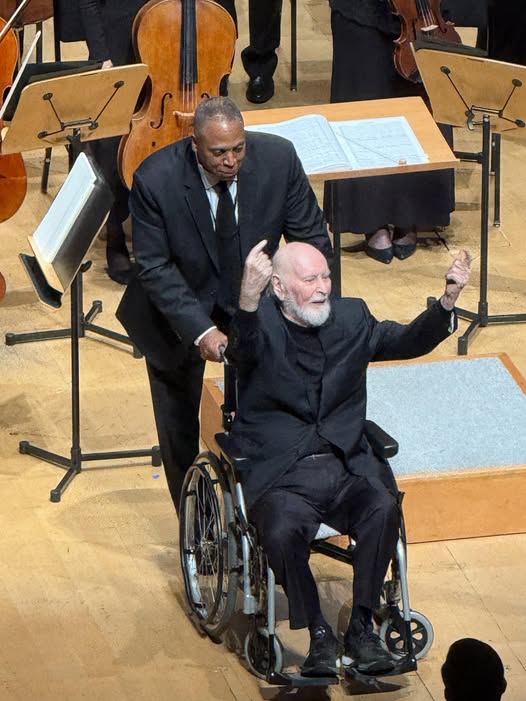Huge row erupts over La Scala chief’s pay
mainFigures published by the Ministry of Culture in Rome reveal that Stephane Lissner was paid 817,000 Euros last year to be general director of La Scala opera and ballet.
The figures have been disputed by La Scala, which maintains Lissner was paid *only* 507,000 Euros, plus bonuses and expenses, which include 85,000 euros for renting an apartment and 177,338 euros for pension, severance and social security costs (source: Il Messagero).
Hold it right there.
Half a million Euros ($680,000) to manage a tax-funded opera house? That’s more than twice what it takes to run Covent Garden.
And a bonus on top: for what? Not provoking a strike? not dancing with ballet boys? not taking more sick leave than the average diva?
This whole set up looks like sick pay. In toy town. With public money that Italy doesn’t have.

Lissner is leaving at the end of this season, a year early. He’s moving on to Paris Opera and Ballet. We guess they’ve matched the offer.





Comments